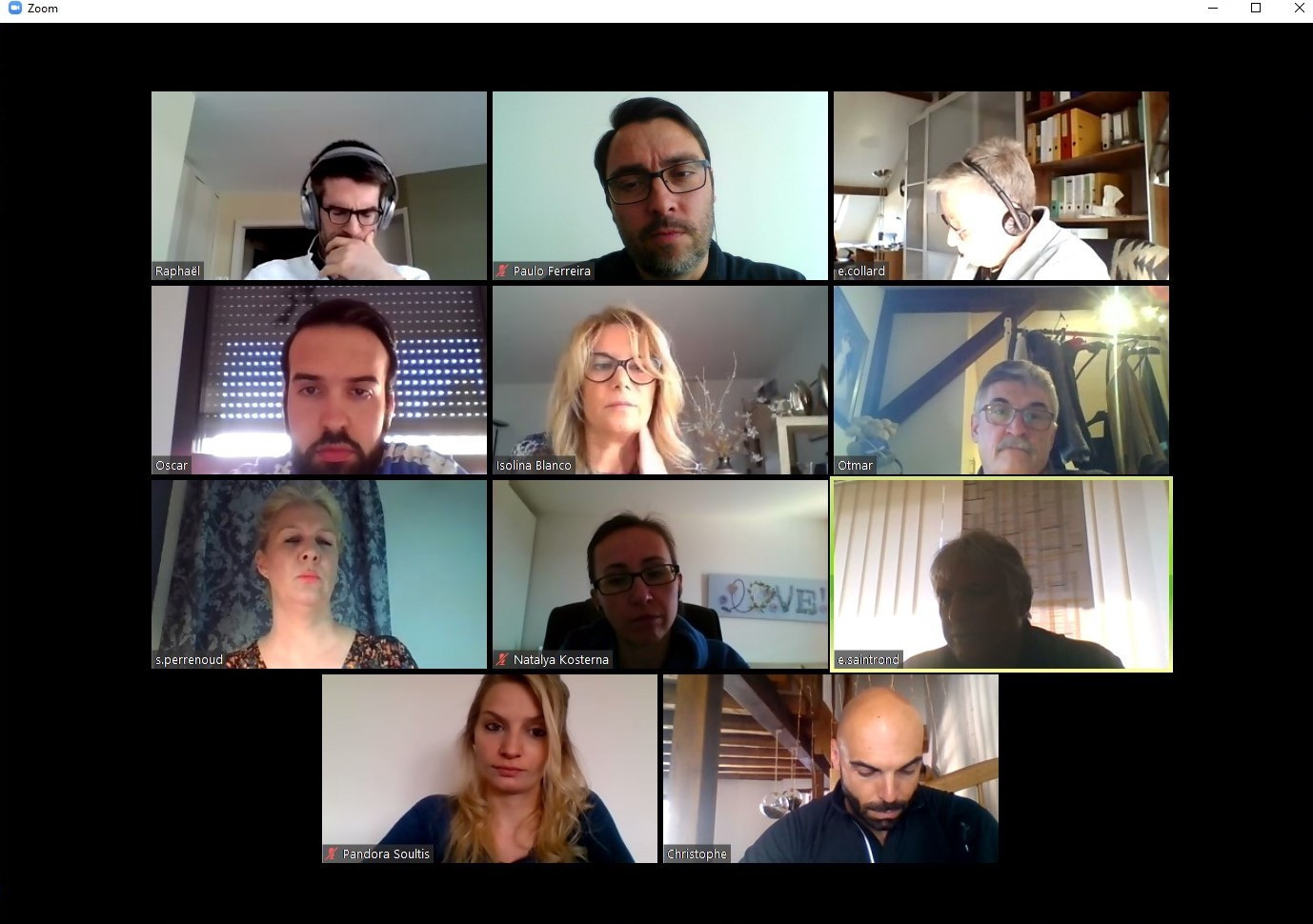
By Liam Morgan |
The coronavirus pandemic has sparked an unprecedented crisis for sport, but it has equally provided those that govern it with a valuable opportunity.
With sport at a standstill in the vast majority of countries across the world, International Federations (IFs) should have ample time on their hands to improve their chances of emerging from the other side of the pandemic in better shape than before it began.
Federations should use the gap generated by the cancellation and postponement of their events to analyse and assess where they have gone wrong, and how they can improve the way they operate in future.
They should, of course, be doing this anyway. But now they have no excuse not to.
A few key areas spring to mind. The postponement of Tokyo 2020 until next year has laid bare a reality many astute Olympic observers were already aware of – that several IFs are far too dependent on the money they receive from the International Olympic Committee (IOC) at the end of each edition of the Games.
Analysis carried out by German investigative journalist Jens Weinreich in an article for Play the Game paints a concerning picture as he details how over half of the 28 core Summer Olympic IFs rely heavily on their share of the Games revenue to survive.
The IFs are not always at fault – some Olympic sports are more popular, and thus more marketable, than others – but, as IOC doyen Richard Pound told me a few weeks ago, “there may well be IFs that have allowed themselves to live in a style that is beyond their incomes”.
“This may call for some internal trimming of the IF sails in these troubled times, before looking to others for a bail-out,” Pound added.
Certain Federations are doing exactly that, while it is not an issue for the likes of shooting and fencing, whose governing bodies are both run by Russian billionaires willing to put their own money into their respective sports.
Several IFs also seem to sleepwalk between each edition of the Games, rarely innovating and merely waiting for that payment from the IOC to drop. That trend needs to be arrested, and fast.
While this period is clearly uncertain and turbulent, it nonetheless allows IFs the chance to look at where they can cut and trim costs to begin to move away from dependence on the IOC payout and towards an independent and sustainable future.
In fact, there is no reason why certain measures they are taking in response to the crisis cannot continue when sport eventually returns to a degree of normality.
For example, with international travel and gatherings involving a set number of participants prohibited practically everywhere, Federations have been forced to have meetings using video conferencing platforms.
This poses an important question: Do Federations need to ship officials to a far-flung part of the world at considerable expense to have meetings they could just as easily hold virtually?
There will be occasions where an in-person meeting is essential, including for elections or if there is a particularly pressing issue at hand, and there are those who are already using technology such as conference calls to help conduct their business.
But, in other instances, Federations can easily switch from a physical meeting to a remote one to save money. In these precarious times for sport, cost-cutting wherever possible is of vital importance.
Other expenses, such as per diems, could also be looked at. Those who pay officials to attend meetings, some – not all – of whom simply turn up, approve everything and return from whence they came, should surely be assessing whether they are getting value for money. I suspect in most cases they are not.
A complete abolition of this particular scheme – tarring everyone in Federations and other bodies in the Movement with the same brush would do a huge disservice to the great number of those who have sacrificed a lot for the betterment of their sport – may be a step too far, but a reduction of these payments is well worth perusal by IFs across the board.
It also might help address an issue which has long existed in the Movement, highlighted with typical gusto by the late former Global Association of International Federations President Thomi Keller in a speech he gave at an Olympic Congress back in 1973.
“An administrative career in sport is often misused to satisfy personal vanity,” Keller said, according to a biography of the Swiss official written by my insidethegames colleague David Owen.
Refining an increasingly congested sports calendar could be another option for Federations, who are understandably concerned over the financial implications of the coronavirus crisis.
A former senior executive at one of the largest IFs told me recently that more events does not always mean more income. As the volume of competitions increases, so do the costs required to stage them, ranging from staffing to hiring or building a venue, and often events will be run at a loss.
The IOC harp on about sustainability but losing money, especially in these uncertain and worrying times, is as far from sustainable as it gets.
The full impact of the COVID-19 pandemic on sports, particularly on those lower down the Olympic pecking order, will not be known for years, but already the picture looks bleak.
What is clear is that a more prudent way of operating, both financially and in terms of sports events, will be essential if Federations are to survive the worst health crisis in a generation.
Republished with permission from insidethegames.biz.